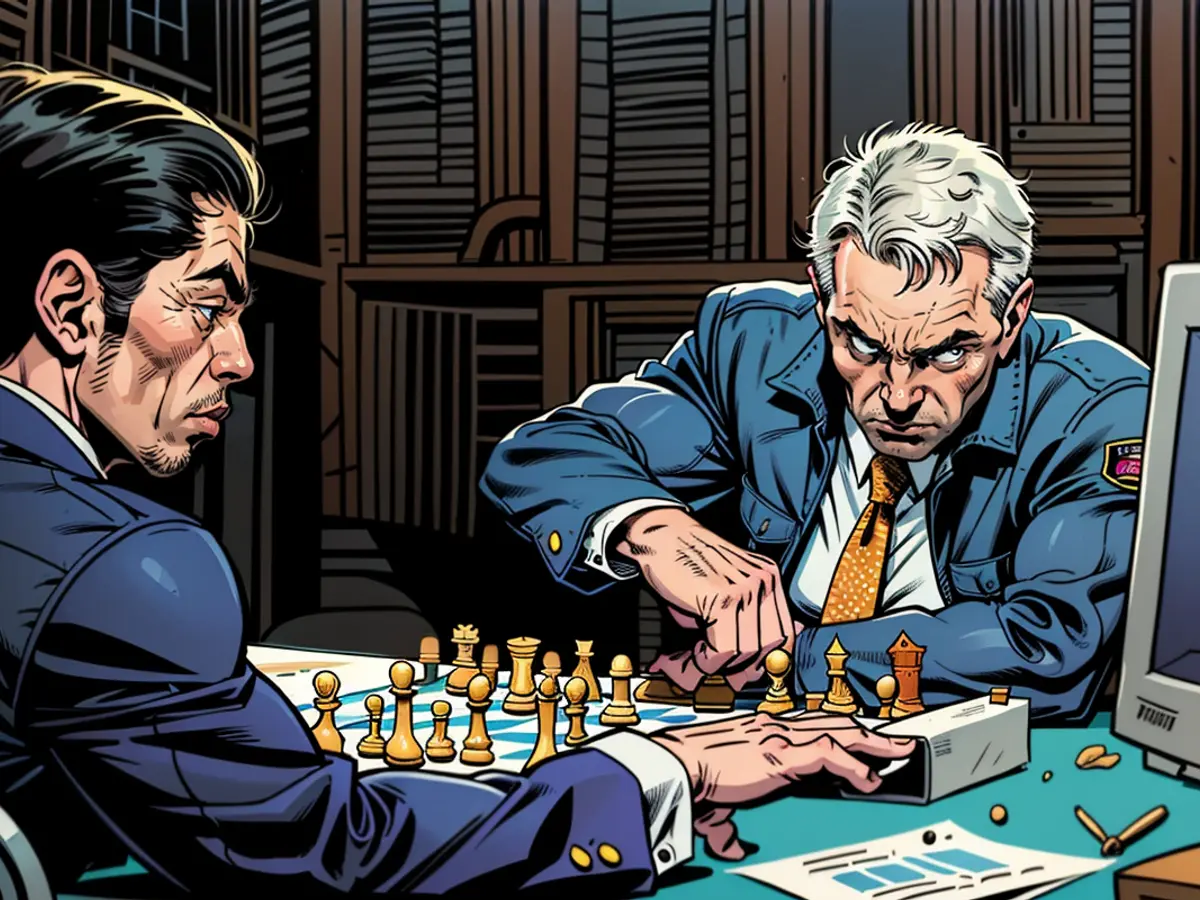- Tenacious Brainmaster: Insightful Documentary Focusing on Chess Phenomenon Kasparov
Intense, dominant, bestial, intimidating. These are the phrases the chess world has used since the 1980s to describe not a fighter's technique, but the playing strategy of one of the greatest and most influential chess players ever: Garry Kasparov.
At only 22 years old, Garry Kasparov claimed the title of the Youngest World Chess Champion in history in 1985, a title he still holds till today. His strength, however, transcends the chessboard. Kasparov embodies the tenacity of a post-war generation against suppression in the Soviet Union. The documentary "Garry Kasparov - Rebel and Chess King", airing on Arte on Sunday (18.8.) at 10:05 PM, delves into the life of this unyielding prodigy.
Setbacks, informers, espionage
Kasparov's extraordinary ability was apparent from a young age, as his parents, both passionate chess players, testified: at just five years old, he revealed the solution to a chess puzzle to them. Despite his talent, Kasparov's life was far from idyllic and serene from the start. He lost his father at the age of seven, who succumbed to lung cancer.
"I didn't have what you would call a cheerful childhood," Kasparov replied later. Even as a child, he immersed himself in chess theory, studying positions and moves - ten to twelve hours a day. His coach and mother feared that, despite his diligence and unique talent, anti-Semitism in the Soviet Union could hinder a promising chess career. Consequently, his mother changed his Jewish birth name Garik Weinstein to Garry Kasparov.
State repression and persecution
The life of this chess prodigy was marred by state repression and persecution, as depicted in the documentary with abundant original footage. Even abroad, during the Cold War, Kasparov could not avoid the spies from the Soviet secret service. The Soviet political elite viewed him as a rebel and favored the incumbent world champion Anatoly Karpov, who became Kasparov's eternal rival. While Karpov was conformist and low-key, Kasparov listened to radio stations of the "enemy class" and dared to take political stands early on. Throughout his career, the chess talent relied on political backers and suspected that a mole was in his team.
On the path to the World Champion
In the 1984 World Championship finale against Karpov, Kasparov was on the brink of becoming the title challenger when the international chess federation intervened unexpectedly. The match was halted, supposedly to safeguard the players' health. "The entire world realized how absurd it was. They wanted Karpov to retain his title," said journalist Bruce Pandolfini. Kasparov became world champion the following year.
The fascinating documentary about Kasparov's tumultuous life spans more than 50 minutes, and it also reveals how closely it is intertwined with political circumstances.
The intense scrutiny Garry Kasparov faced during his chess career was not limited to the board, as there were allegations of espionage by Soviet secret service agents.
Despite the state repression and persecution, Garry Kasparov's career in chess was also influenced by the media, with some news outlets portraying him as a rebel against the Soviet Union's political establishment.








